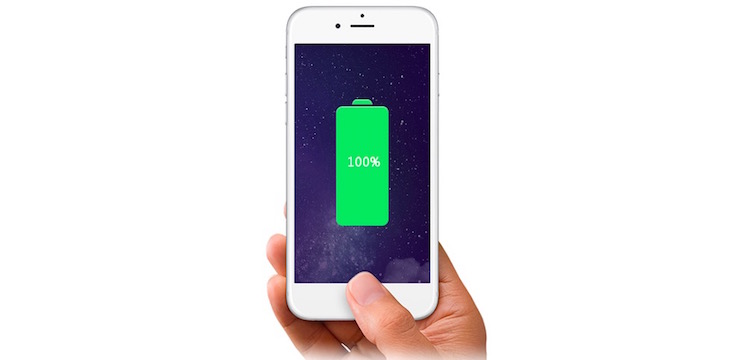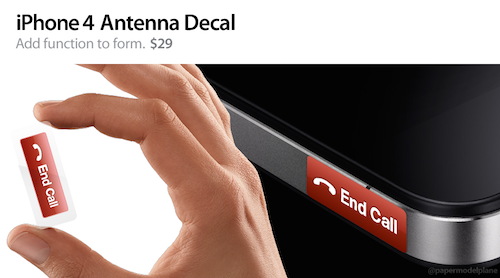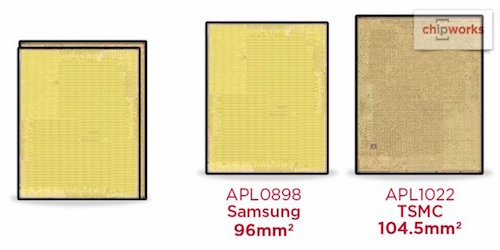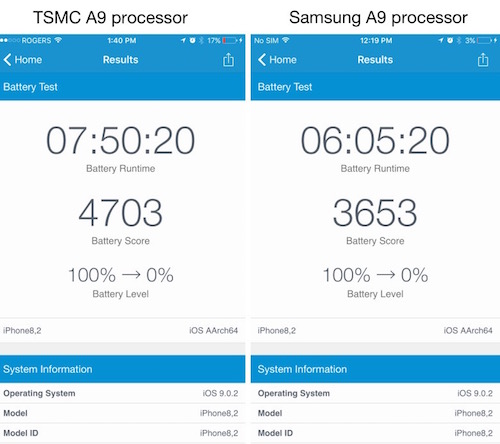How Samsung May be Messing With Your iPhone 6s Battery

Toggle Dark Mode
It seems like every time Apple releases a new flagship phone the internet lights up with non-issues in an attempt to discover the next “whatevergate”. Most of time the claims have no basis but there have been a few real issues that have caught on.
 Antennagate spoof: Touching this spot on an iPhone 4 could drop your call
Antennagate spoof: Touching this spot on an iPhone 4 could drop your call
The most memorable were “antennagate” with the iPhone 4 and last year’s “bendgate” that affected the iPhone 6 Plus. So far, the release of the iPhone 6s and 6s Plus have been relatively quiet in terms of criticism as the phones have received very positive reviews.
Enter “Chipgate” or “Batterygate”.
Whatever you want to call it, a new issue regarding Apple’s A9 processors that power the iPhone 6s and 6s Plus has caught fire over the past few days.
The issue is that Apple dual sourced the chips to both Taiwan Semiconductor Manufacturing Company (TSMC) and Samsung. This much is understandable. There is such a massive demand for new iPhones that Apple is forced to use multiple manufacturers in order to keep up with demand, but the risk is that the finished product may not be identical.
Although both processors are designed and manufactured to Apple’s specifications, it appears that Samsung’s A9 processor is 10% smaller than TSMC’s. Some users are reporting that the Samsung chip burns through up to 20% more battery under heavy usage. The problem for new iPhone buyers is that there is no way of telling which chip is in the phone when purchasing.
The picture below is from one user on Reddit who posted battery test results from his two iPhone 6s Plus devices, one with a Samsung chip and the other with a TSMC chip. The TSMC A9 processor consistently got up to two hours more battery life.
According to an article by MacRumors, real-world usage does not result in such drastic differences. It makes sense that the heavy battery tests that have been performed on the phones are not consistent with the tasks normally performed by iPhone users and that the real-world result between the different processors may not be noticeable.
Yesterday Apple released a statement regarding iPhone battery life in which the company criticizes the extreme battery tests and suggests that they are not representative of real-world usage.
They go on to say that even taking into account the different components that may be used during the manufacturing process, their data has revealed that battery life in different models of the iPhone 6s and 6s Plus only vary between 2-3% of each other. What is missing from the statement is any mention of specific differences between the TSMC and Samsung processors.
It is encouraging to see Apple at least partially address and own the issue rather than passing the blame as they infamously did during the “antennagate” scandal by claiming that customers were holding the iPhone 4 wrong.
Is this is worthy of the “chipgate” title or just another minimal issue being blown out of proportion? Let us know in the comments below.









